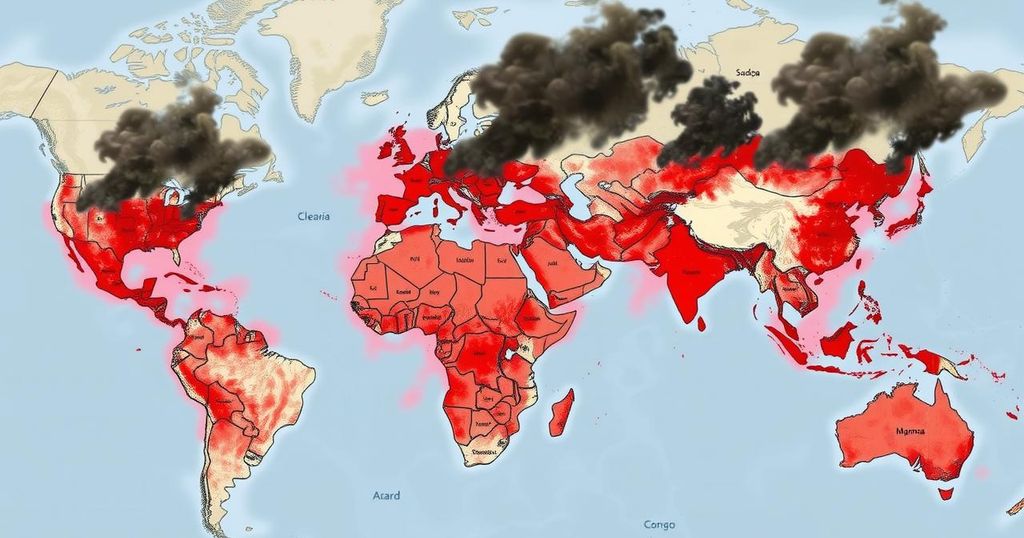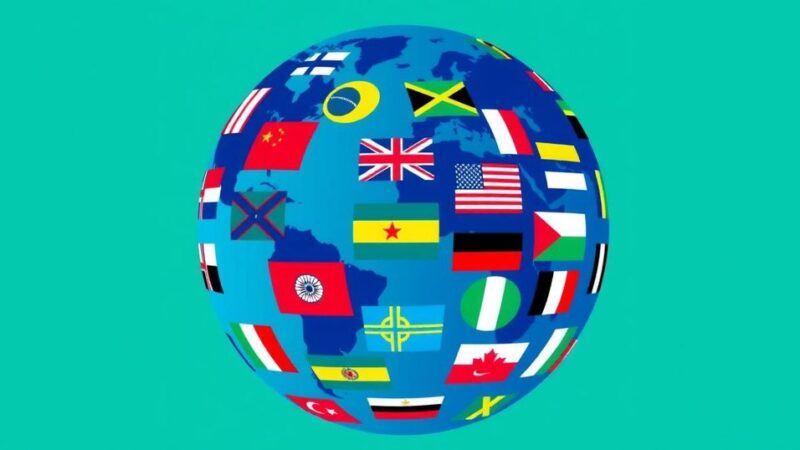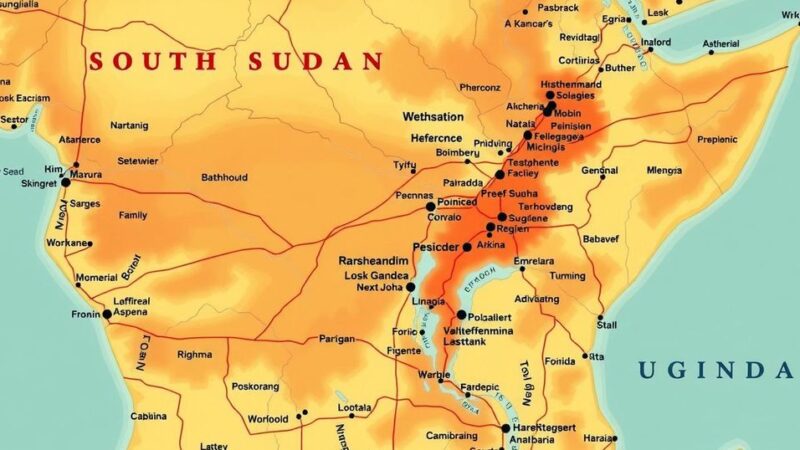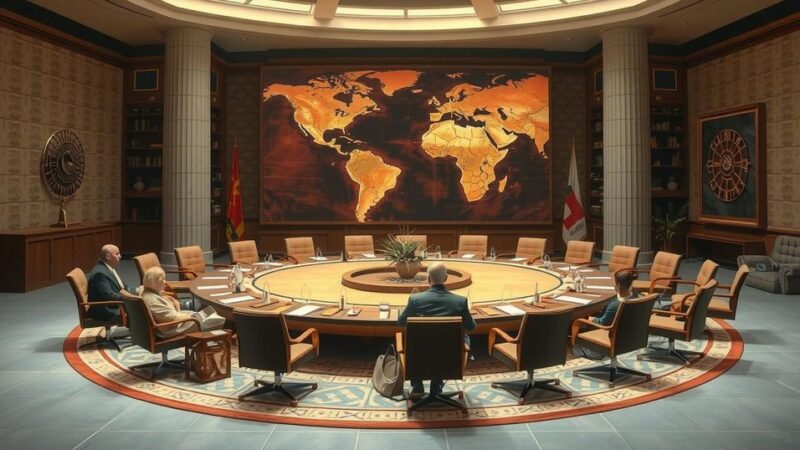The humanitarian crises in Sudan, Myanmar, and the Democratic Republic of the Congo require urgent international attention. Sudan faces escalating violence, food insecurity, and genocide concerns, while Myanmar endures military repression and ethnic conflict. Concurrently, the DRC struggles with armed groups’ violence amidst a resource exploitation crisis. Effective international intervention is essential to alleviate suffering and promote peace processes in these regions.
The ongoing war in Sudan has entered its 20th month, resulting in severe humanitarian crises affecting millions. Recent escalations between the Sudanese Armed Forces (SAF) and the Rapid Support Forces (RSF) have included airstrikes that have killed and injured numerous civilians, exacerbating the already dire situation. In Darfur, violence has surged with documented deaths and injuries among the civilian population, raising international concerns about genocide targeting ethnic groups.
As of now, more than half of Sudan’s population lives under acute food insecurity, with regions facing famine conditions. Prominent warnings from UN officials highlight the urgent need for a ceasefire and for humanitarian access to those in need. Amidst these heinous acts, international pressure remains critical to compel adherence to international humanitarian laws.
In Myanmar, conflict persists between the military junta and ethnic resistance organizations. A recent census executed under contentious circumstances, alongside ongoing military actions since the coup in February 2021, has led to violations that include war crimes and severe humanitarian crises. Despite these challenges, some resistance groups are indicating a readiness for political dialogues, yet significant work remains to ensure peace and justice for all ethnic groups affected by the military’s policies.
In the Democratic Republic of the Congo (DRC), the UN Security Council recently renewed the mandate for the MONUSCO peacekeeping operation in light of escalating violence from armed groups. The ongoing territorial battles and human rights violations have led to significant humanitarian issues, stressing the need for a multifaceted approach to conflict resolution and sustainable governance to prevent further atrocities. The engagement of the international community in regulating corporate responsibilities for conflict minerals also underscores the intersection of economic interests and human rights.
The atrocities occurring in Sudan, Myanmar, and the Democratic Republic of the Congo stem from prolonged conflicts characterized by armed engagements between state forces and various opposition groups. In Sudan, the ongoing war has resulted in massive civilian displacement, food insecurity, and widespread human rights violations. Meanwhile, Myanmar has witnessed relentless conflict and resistance following the coup, with significant implications for various ethnic groups, particularly the Rohingya. In the DRC, mineral wealth has fueled violence as armed groups vie for control, leading to significant humanitarian crises. The complexities of these conflicts require international attention and action to protect civilians and uphold human rights.
In summary, the current situations in Sudan, Myanmar, and the Democratic Republic of the Congo highlight the urgent need for international intervention to protect civilians and to promote peace efforts. As the conflicts persist, the risks of genocide, humanitarian crises, and widespread violations of human rights continue to escalate. It is paramount for the international community to exert pressure on involved parties for ceasefire agreements and to support initiatives aimed at addressing the root causes of these conflicts. Furthermore, a coordinated approach targeting both humanitarian access and accountability for economic exploitation is critical in breaking the cycle of violence and fostering lasting peace.
Original Source: www.globalr2p.org






